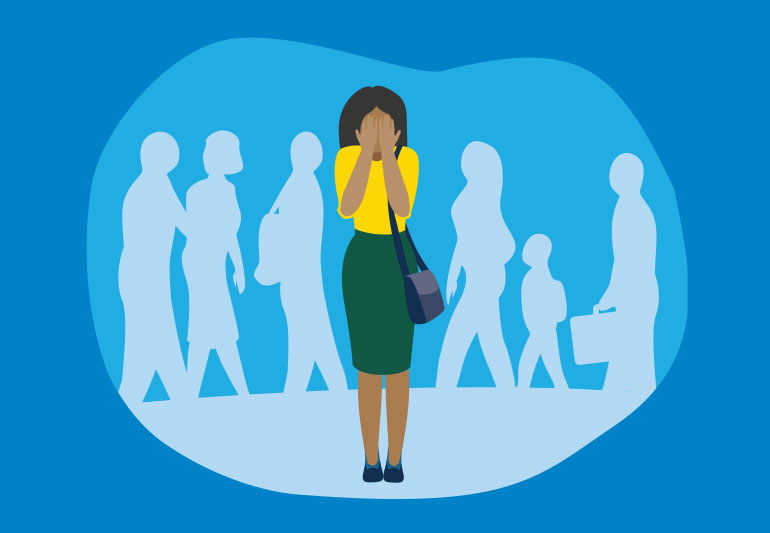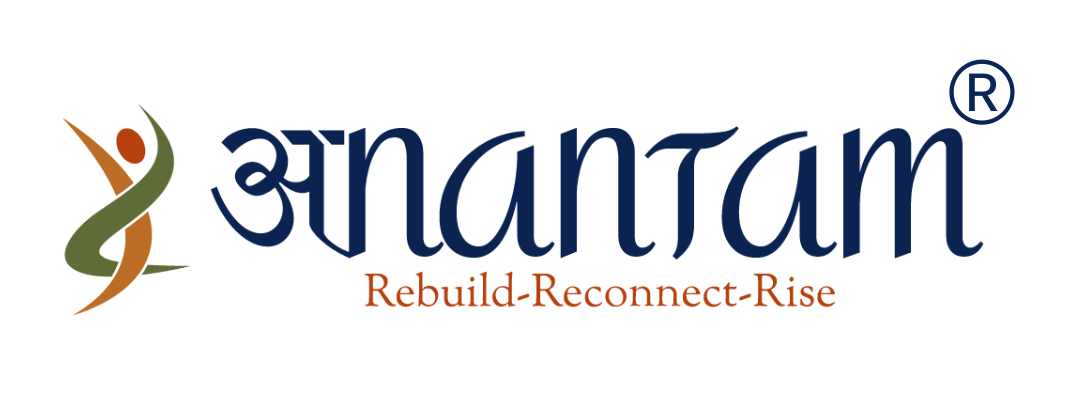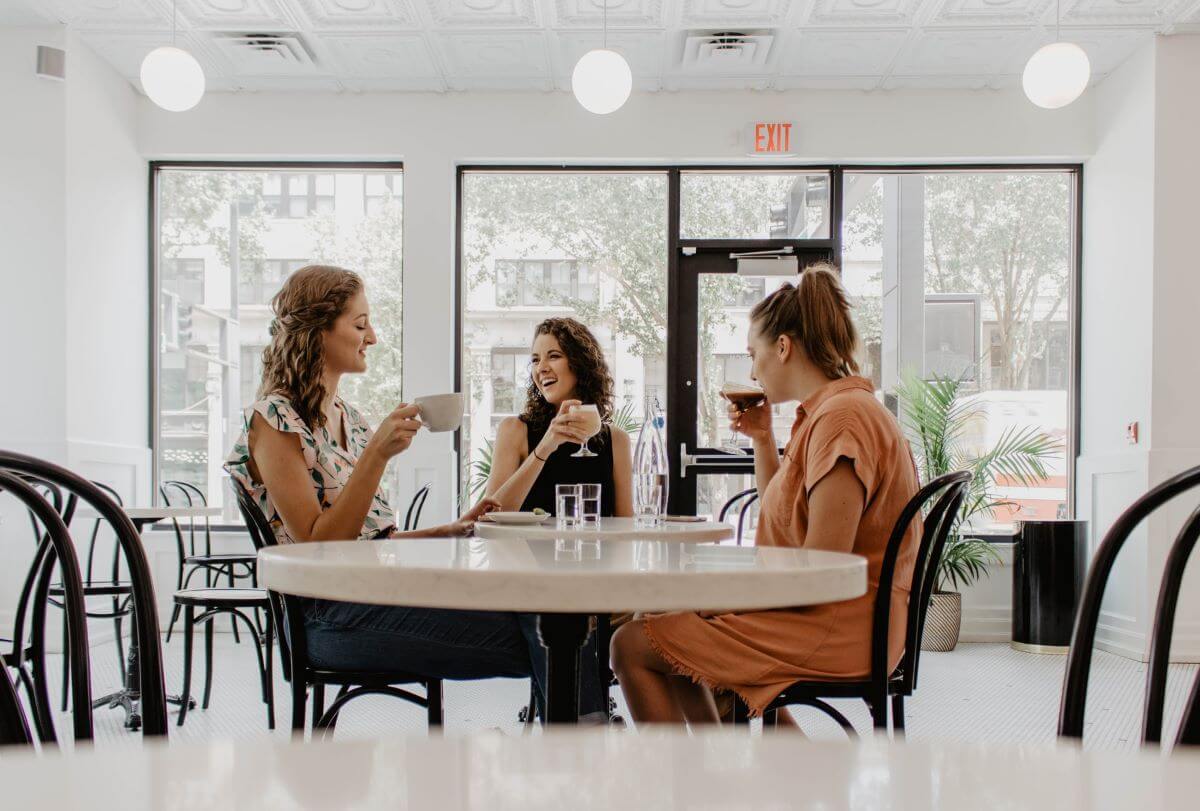Social anxiety is the reluctance to engage in interpersonal & social situations you normally enjoy, because you’re worried about making a mistake, feeling awkward, or embarrassing yourself around others.
A lot of people experienced some form of this even before the COVID-19 pandemic, whether it was self-consciousness before a first date or nervousness before a business meeting. But many more of us are experiencing social anxiety right now as we start venturing back out into the “real world,” after more than a year of social distancing and isolation.

With the vaccinated population on the rise, society is opening back up. Schools are returning to in-person learning, and many jobs that have been remote this past year are transitioning back to working at the office.
Outside of the professional setting, things are changing too. People are meeting up again and travelling to visit friends and family. Social interactions are on the rise. That is a big change from life in the pandemic. It is a great change.
It does, however, signify a return to many more social situations. For those with social anxiety, it is a return to many situations that have caused them stress in the past.
Getting back into Social Situations
- Take it One Step at a Time: Easing back into a daily, social life will make it easier. For those with the option, going back to work one or two days a week will lessen the stress and anxiety that those days might give. It also leaves more time to relax and unwind after the stresses of an in-person environment.
- It is Okay to be Uncomfortable: After spending so much time at home, it is normal to be nervous about this change. It is likely that your peers are also nervous. Take your time getting back into the swing of social interaction.
- Returning to Everyday Social Situations: Now, everyday social situations may bring on much more stress than before. It is common to be nervous about greeting your peers in passing, or of a five-minute morning conversation. Returning to these common social interactions will take time. For a while, people will have different comfort levels. It is okay to set your boundaries about what you are and are not comfortable with.

Coping with Social Anxiety
- Cultivate a Positive Mindset: Your mindset dictates how you feel and respond to the stressors in your daily life. It drives both negative and positive thoughts that derive from every situation you are in. Your mindset affects how you view social situations. One symptom of a negative mindset is thinking the worst of every situation you are in. Taking time, both in and out of stressful situations, to cultivate a positive mindset is a great way to reduce feelings of social anxiety in every situation. Changing your mindset is a difficult process, but yields great results.
- Spotlight Effect: The spotlight effect is the phenomenon where people assume their mistakes are as noticeable to others as it is to themselves. In a conversation, you might be conscious of every word you stumble over and how you’re moving from one foot to the other, or that your shirt is wrinkled.
- Talking to Friends and Family: Talking to a close friend or family member is a great way to cope with social anxiety. Be it unpacking a social situation that is still giving you stress or preparing for a future one, a conversation can work wonders.
- Don’t push yourself to go fast: Go at your own pace when dealing with your social anxiety. Tell other people that you may need more time to do things that used to be easy for you. Understand that everyone will have a different comfort level and it is OK to set boundaries so people know where you stand.
- Practice Self Compassion: Above all else, it is important to remember to practice self-compassion if you are dealing with social anxiety after the pandemic.
It is okay to feel nervous about situations that did not give you any pause before. Over time, some of these feelings will go away, and if they do not, there are many avenues to cope with the symptoms that ail you. If your anxiety is affecting your daily routine, it might be time to talk to your doctor or mental health professional.
Call/WhatsApp Ms Seema Agarwal: +91 98205 76682

